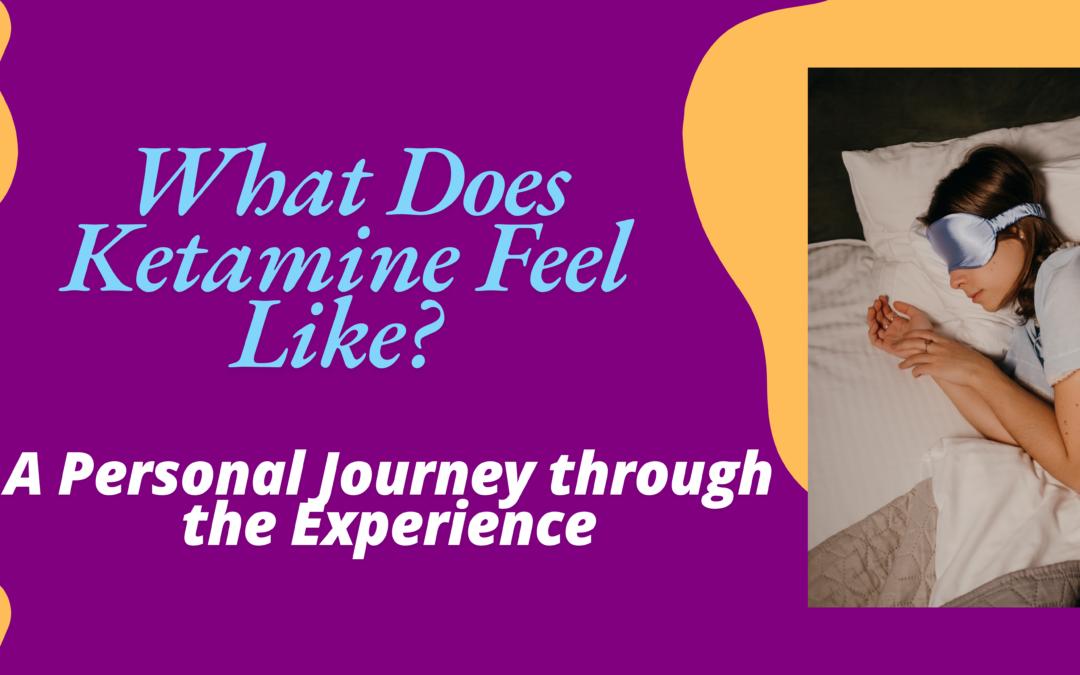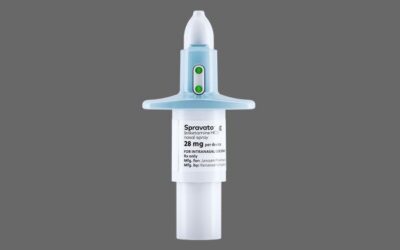Background on Ketamine
Current Clinical Uses of Ketamine
Safety and Side Effects
While ketamine shows promise, it is essential to consider the safety profile and potential side effects. Common side effects include dissociation, hallucinations, increased blood pressure, and nausea. Most side effects are transient; however, there are concerns about the potential for abuse and dependence, particularly in recreational settings. Continuous monitoring and appropriate screening are crucial when administering ketamine for therapeutic purposes.
Future Directions
Conclusion
Ketamine represents a significant advancement in the treatment of several challenging conditions, particularly treatment-resistant depression and chronic pain. Its ability to provide rapid relief has opened new avenues in psychiatric and pain management care. However, as interest grows, so too does the need for rigorous research and appropriate regulation to mitigate risks associated with its use. With ongoing studies and increasing clinical adoption, ketamine may continue to reshape the landscape of modern medicine, offering hope to many patients where traditional therapies have failed.
The Benefits of Ketamine Therapy for Patients Suffering from PTSD
Post-Traumatic Stress Disorder (PTSD) is a debilitating mental health condition that can significantly impact the lives of those who suffer from it. Traditionally, PTSD has been treated with a combination of therapy and medications like antidepressants, but these...
Understanding Nasal Spray Ketamine: How It Works and Its Therapeutic Benefits
Ketamine, once known primarily as an anesthetic and a party drug, has made a groundbreaking entry into the field of mental health treatment. One of the more recent developments is the use of ketamine as a nasal spray for the treatment of conditions such as depression,...
How Low-Dose Ketamine Can Help with Medication-Resistant Depression
Depression is a debilitating mental health condition that affects millions of people worldwide. While many find relief through conventional treatments such as antidepressants and psychotherapy, some individuals face a more stubborn form of the disorder known as...




